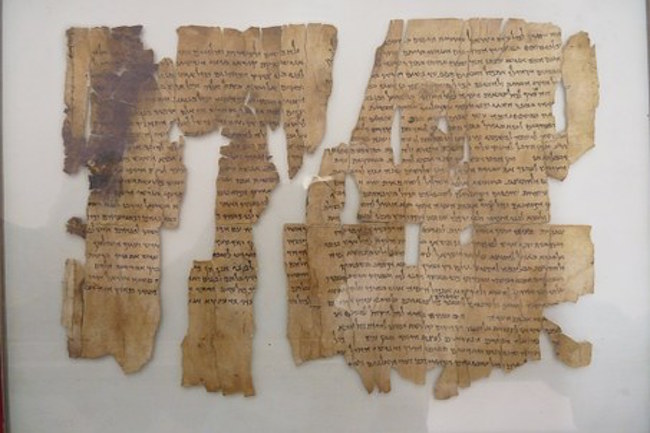‘I Pray that You Fare Well in the Lord’: What This Ancient Papyrus Reveals About Christians in 230 AD by Steve Warren for CBN News
An Egyptian papyrus in the University of Basel’s collection in Basel, Switzerland, is very unique from all the other ancient papers in the collection. The papyrus contains a letter providing valuable insights into the world of the first Christians in the Roman Empire, not found anywhere else.
The letter dates to the 230s AD and is older than all previously know Christian sources from Roman Egypt.
According to the university, the earliest Christians in the Roman Empire are usually portrayed as eccentrics who withdrew from the world and were threatened by persecution. However, the letter contains indications that in the early third century, Christians were living outside the cities in the Egyptian hinterland, where they held political leadership positions and dealt with their pagan environment in their everyday lives.
A Family with Christian Beliefs
The papyrus (P.Bas. 2.43) has been in the collection of the university for more than 100 years. It is a letter from a man named Arrianus to his brother Paulus. The document stands out from the mass of preserved letters of Greco-Roman Egypt by its concluding greeting.
After reporting on day-to-day family matters and asking for the best fish sauce as a souvenir, the writer uses the last line to express his wish that his brother will prosper “in the Lord.”
The author uses the abbreviated form of the Christian phrase “I pray that you fare well ‘in the Lord’.”
“The use of this abbreviation, known as a nomen sacrum in this context, leaves no doubt about the Christian beliefs of the letter writer,” explained Sabine Huebner, professor of ancient history at the university. “It is an exclusively Christian formula that we are familiar with from New Testament manuscripts.”





